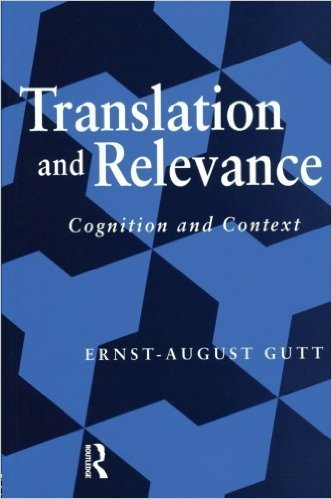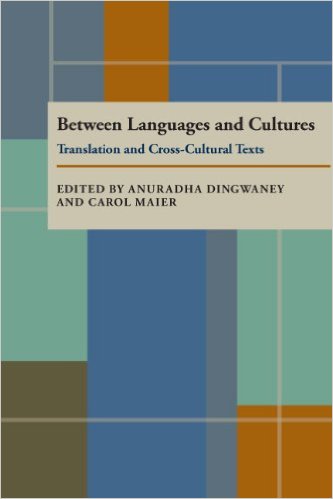Our Community
Get to know our community
Join Translation Journal
Click on the Subscribe button below to receive regular updates.
Hussein Karamyar
Question and Answer
- What is your name?
- Hussein Karamyar
- Where do you live?
- Tehran
- What made you decide to become a translator or interpreter?
- cultural exchange for friendly existence of nations
- List one strength that you think sets you apart from your colleagues.
- style
- Name the one thing that you most enjoy in your translating or interpreting career.
- literary translations and the humanities
- We all have worked on those not-so-perfect assignments. Write about one such assignment that was not ideal and what you learned from it.
- university courses
- If you could go back in time to when you were just starting out as a translator or interpreter, what advice would you give to your younger self?
- Study translation courses in native countries. For instance, for English go to UK or US.
- Name one resource – such as a phone app, CAT tool, website, and so forth – that you find especially helpful in your translating or interpreting work.
- Website
- What's the best book you've read this year?
- Between Languages and Cultures: Translation and Cross-Cultural Texts
Ahmed Suroor Mabrook Al-Abri
Question and Answer
- What is your name?
- Ahmed Suroor Mabrook Al-Abri
- Where do you live?
- Oman, Al-Hamra
- What made you decide to become a translator or interpreter?
- Translation is a challenging and intellectually demanding task. I like it because it means continuous development and makes me strive for excellence.
- List one strength that you think sets you apart from your colleagues.
- Ability to analyze texts and decide on the appropriate translation approach
- Name the one thing that you most enjoy in your translating or interpreting career.
- dealing with different texts
- We all have worked on those not-so-perfect assignments. Write about one such assignment that was not ideal and what you learned from it.
- Once I was interpreting for a German delegation and I couldn't hear some words well. Thus, I interpreted some expressions incorrectly.
- If you could go back in time to when you were just starting out as a translator or interpreter, what advice would you give to your younger self?
- Read as much as you can
- Name one resource – such as a phone app, CAT tool, website, and so forth – that you find especially helpful in your translating or interpreting work.
- google translation
- What's the best book you've read this year?
- Thinking Arabic Translation
Sedigheh Makvandi
Question and Answer
- What is your name?
- Sedigheh Makvandi
- Where do you live?
- Iran
- What made you decide to become a translator or interpreter?
- I would like to communicate with different cultures and know about them more.
- List one strength that you think sets you apart from your colleagues.
- I would like to read and translate complex texts
- Name the one thing that you most enjoy in your translating or interpreting career.
- I would like to discover new words.
- We all have worked on those not-so-perfect assignments. Write about one such assignment that was not ideal and what you learned from it.
- Translation of slang language and its equivalent in Persian.
- If you could go back in time to when you were just starting out as a translator or interpreter, what advice would you give to your younger self?
- I advice them to study carefully.
- Name one resource – such as a phone app, CAT tool, website, and so forth – that you find especially helpful in your translating or interpreting work.
- google translator
- What's the best book you've read this year?
- Dictionary of literary terms and literary theory

'An indispensable work of reference' Times Literary Supplement The Penguin Dictionary of Literary Terms and Literary Theory is firmly established as a key work of reference in the complex and varied field of literary criticism. Now in its fifth edition, it remains the most comprehensive and accessible work of its kind, and is invaluable for students, teachers and general readers alike. - Gives definitions of technical terms (hamartia, iamb, zeugma) and critical jargon (aporia, binary opposition, intertextuality) - Explores literary movements (neoclassism, romanticism, vorticism) and schools of literary theory - Covers genres (elegy, fabliau, pastoral) and literary forms (haiku, ottava rima, sonnet)
Lenny Brida
Question and Answer
- What is your name?
- Lenny Brida
- Where do you live?
- Jakarta Timur
- What made you decide to become a translator or interpreter?
- I would like to try a new professional Job
- List one strength that you think sets you apart from your colleagues.
- My commitment of fulfilling dead line of a work
- Name the one thing that you most enjoy in your translating or interpreting career.
- I could see how meaning and culture is reconstructed
- We all have worked on those not-so-perfect assignments. Write about one such assignment that was not ideal and what you learned from it.
- I have learned that languages are not equivalent and when I am doing my assignment I sometimes find it difficult to find similar words for 2 languages
- If you could go back in time to when you were just starting out as a translator or interpreter, what advice would you give to your younger self?
- Never stop trying
- Name one resource – such as a phone app, CAT tool, website, and so forth – that you find especially helpful in your translating or interpreting work.
- What's the best book you've read this year?
- Translation and Relevance by Ernst-August Gutt

